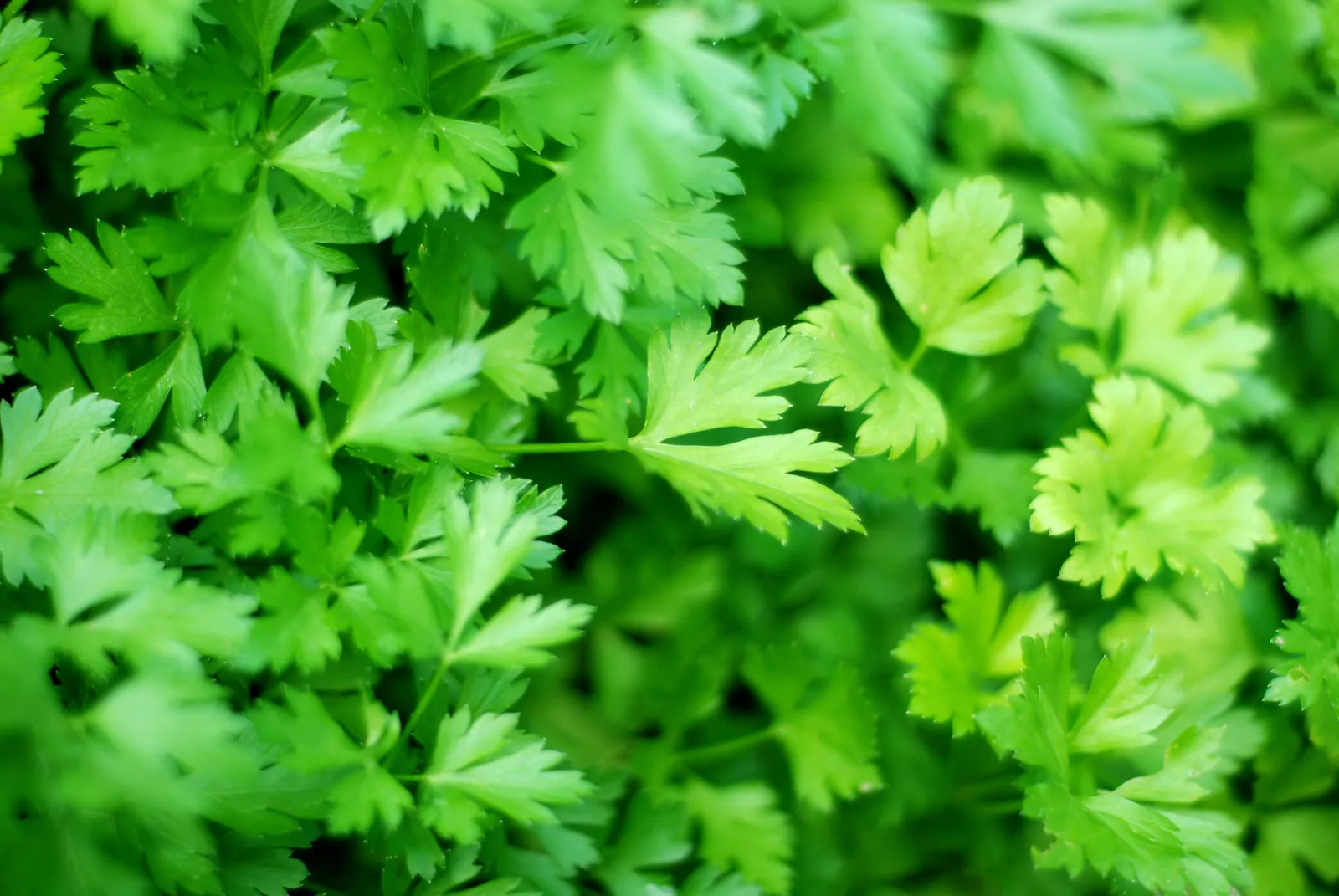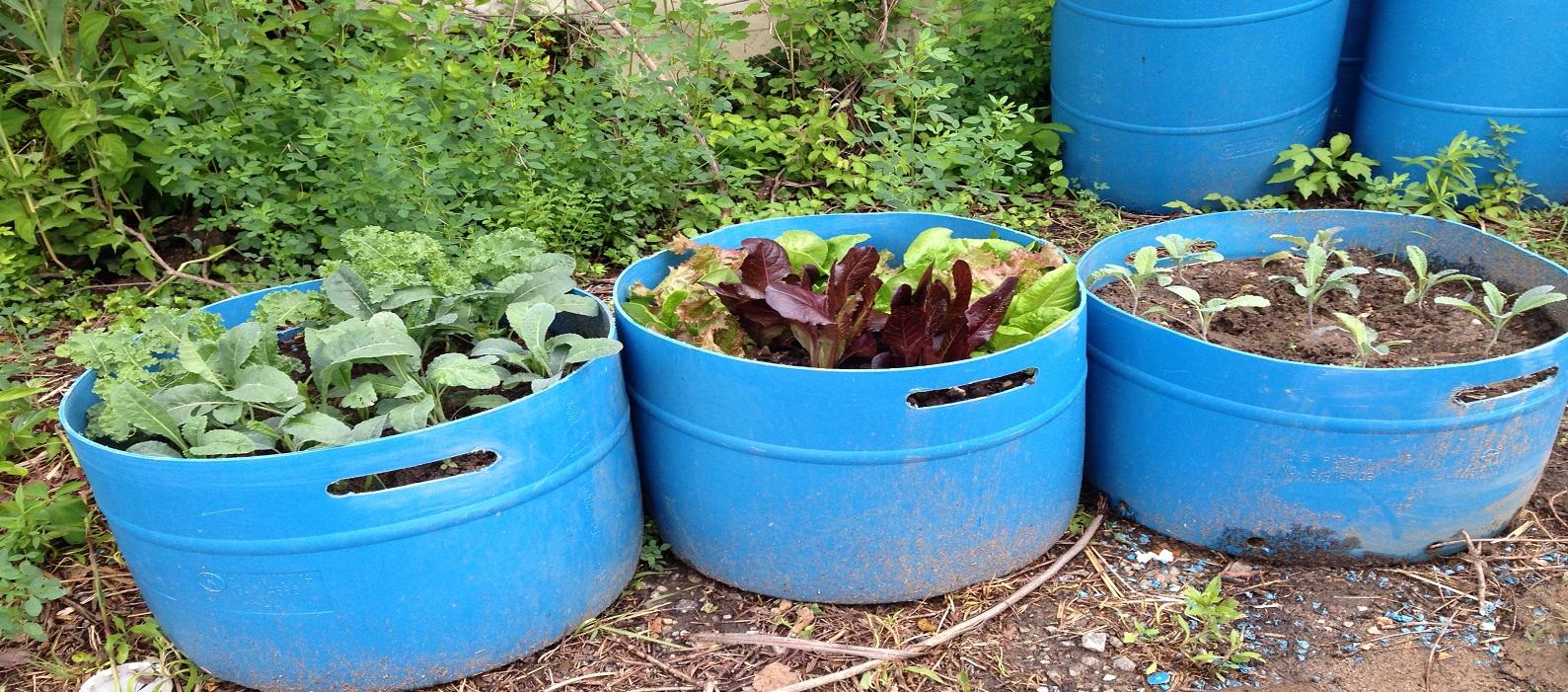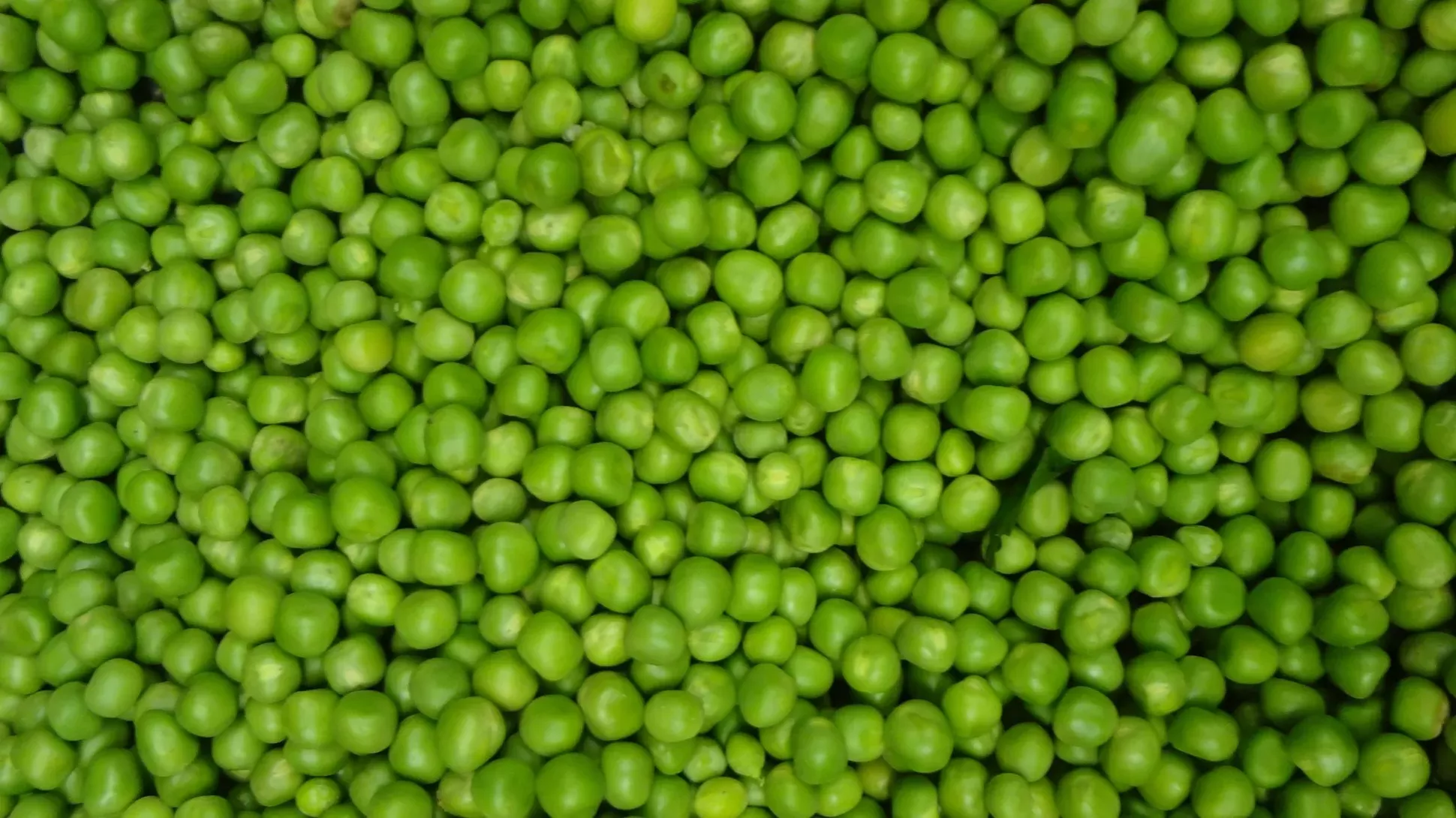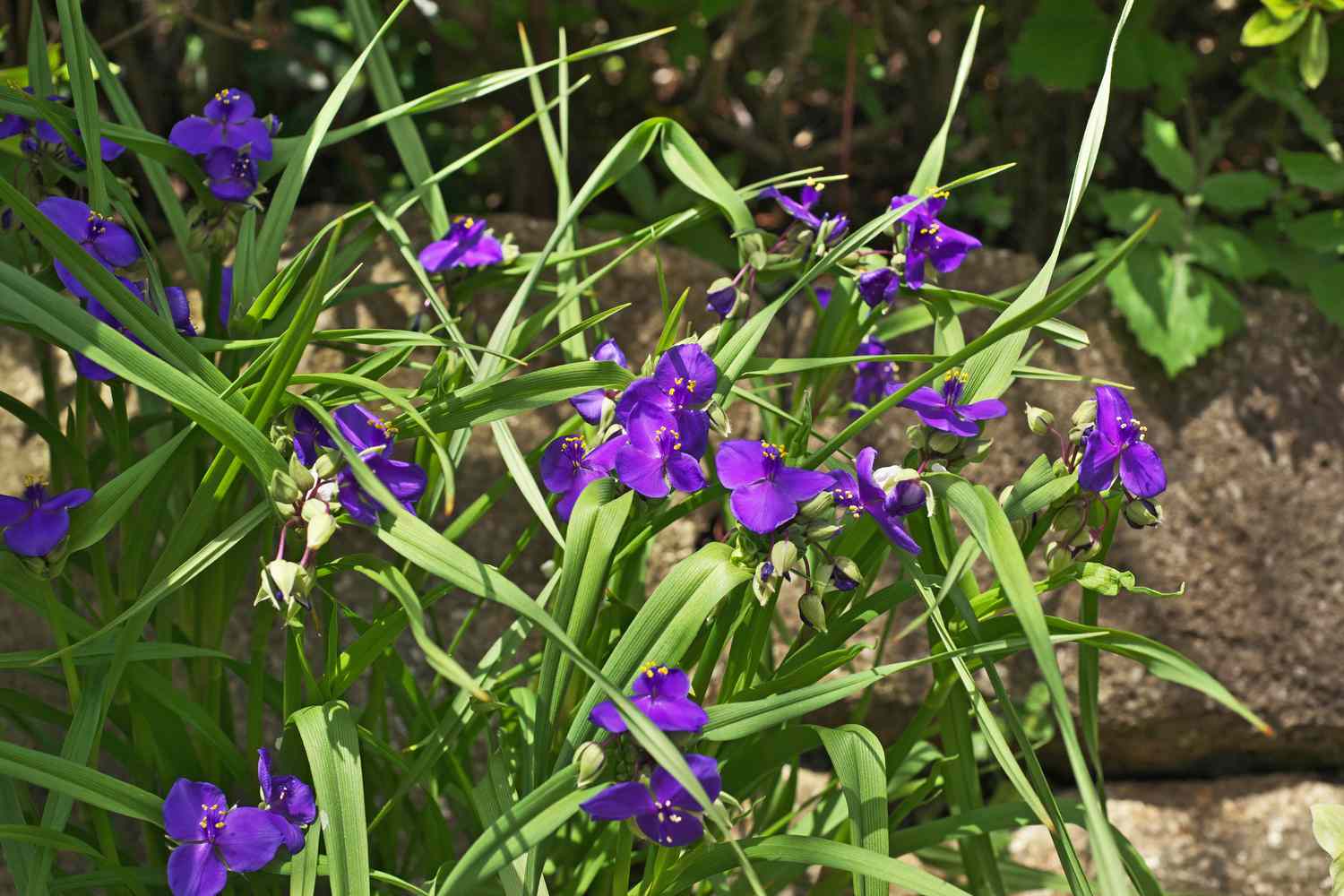Parsley, a ubiquitous herb with its distinctive curly or flat leaves, is a staple in many cuisines worldwide. Its fresh, slightly peppery flavor adds a delightful touch to a variety of dishes.
Types of Parsley
There are two main types of parsley:
- Curly Parsley: Known for its decorative, frilly leaves, curly parsley is often used as a garnish.
- Flat-Leaf Parsley: Also known as Italian parsley, this type has a stronger flavor and is commonly used in cooking.
Culinary Uses
Parsley’s versatility in the kitchen is undeniable. Here are some of its common uses:
- Garnish: Parsley is often used as a garnish to add a touch of freshness and color to dishes.
- Herbs: Fresh parsley leaves can be chopped and added to salads, soups, stews, and sauces.
- Pastas and Pizzas: Parsley is a classic ingredient in Italian cuisine, often used to flavor pasta dishes and pizzas.
- Meat Dishes: It can be added to marinades and rubs for grilled meats and poultry.
- Vegetable Dishes: Parsley can enhance the flavor of roasted vegetables, such as potatoes and carrots.
Health Benefits
In addition to its culinary uses, parsley offers several health benefits:
- Rich in Nutrients: Parsley is a good source of vitamins A, C, and K, as well as minerals like iron and potassium.
- Antioxidant Properties: The antioxidants in parsley can help protect cells from damage caused by free radicals.
- Digestive Health: Parsley can aid digestion and relieve bloating and gas.
- Anti-inflammatory Properties: It may help reduce inflammation in the body.
- Diuretic Effects: Parsley can help increase urine production, which can aid in detoxification.
Growing Parsley
Parsley is a relatively easy herb to grow. Here are some tips for growing your own:
- Sunlight: Parsley prefers full sun or partial shade.
- Soil: Well-drained, fertile soil is ideal.
- Watering: Water regularly, especially during dry periods.
- Harvesting: Harvest parsley leaves as needed, cutting them with scissors.
- Storage: Fresh parsley can be stored in the refrigerator in a plastic bag or in a jar of water.
By incorporating parsley into your meals, you can enhance the flavor of your dishes while reaping its numerous health benefits.



